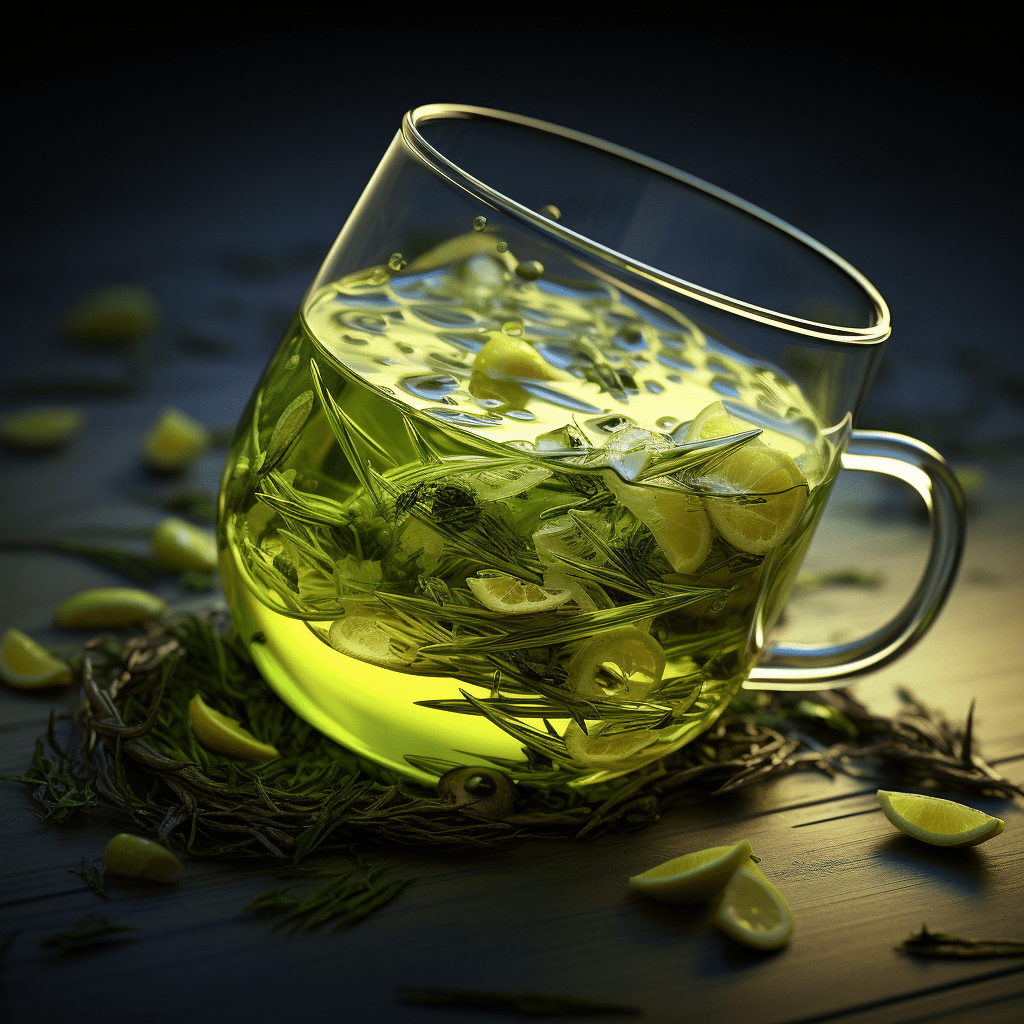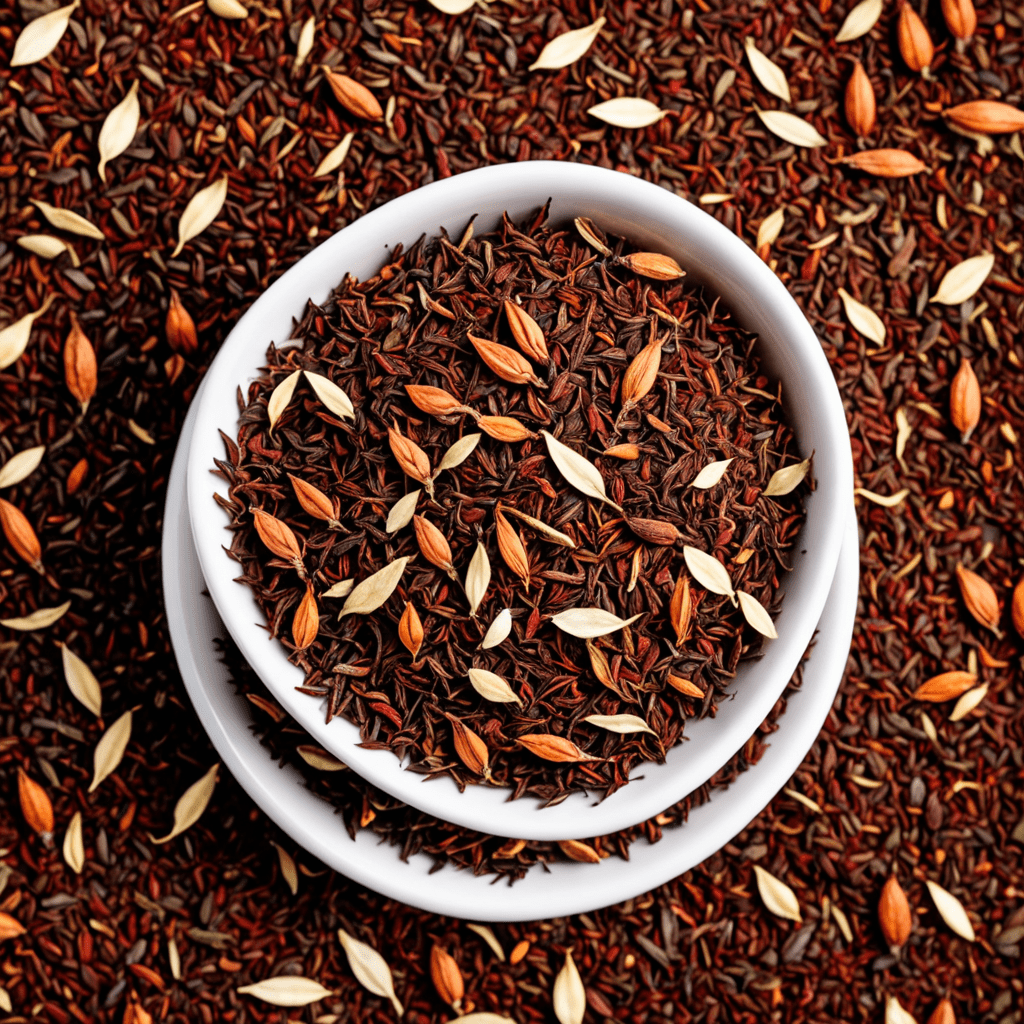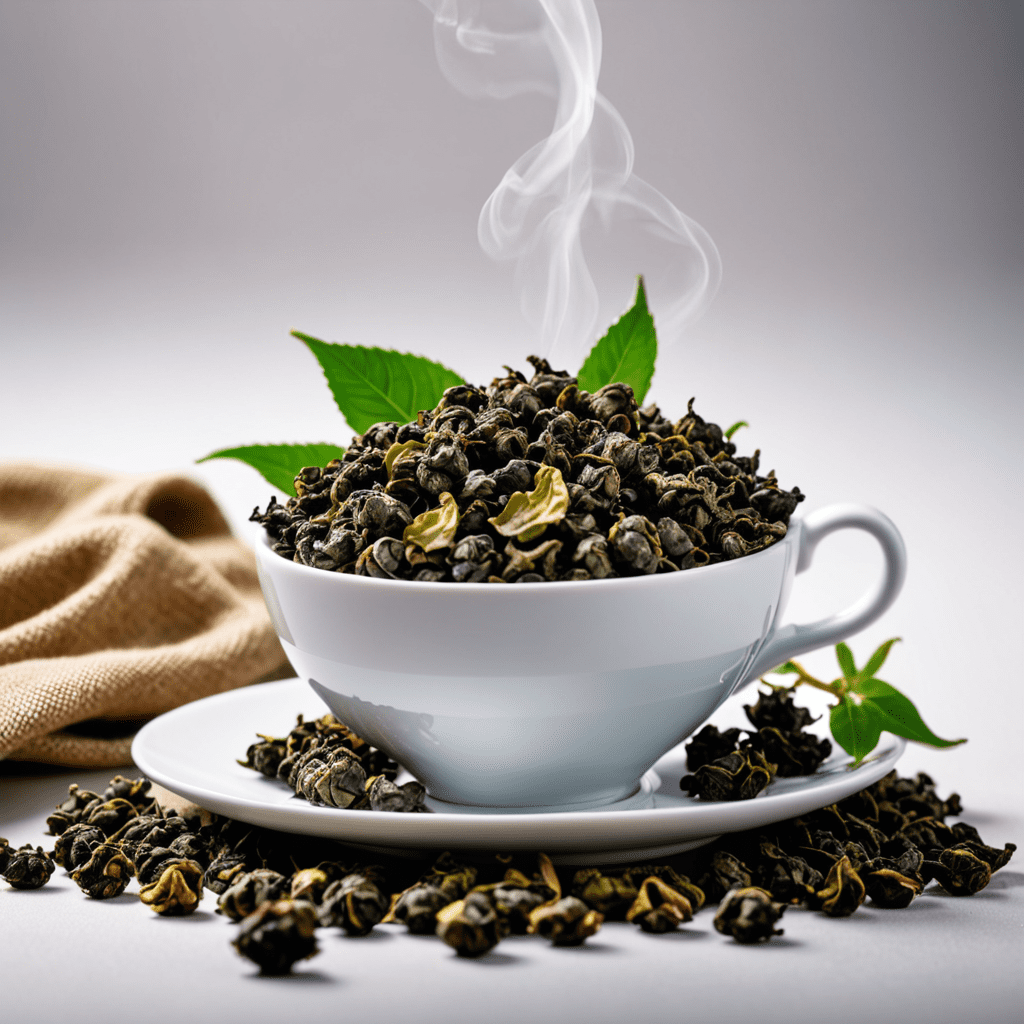
Why Does Green Tea Make Me Nauseous?
Green tea is widely known for its numerous health benefits, but for some people, it can cause unpleasant side effects such as nausea. If this happens to you, it’s essential to understand why green tea may be causing this reaction. In this blog post, we will explore some possible reasons why green tea can make you nauseous and provide tips on how to prevent or minimize this discomfort.
Possible Reasons for Nausea from Green Tea
1. Tannins Content
Green tea contains tannins, a type of polyphenol that gives tea its astringent taste. While tannins have various health benefits, they can also irritate the stomach lining and cause nausea, especially when consumed on an empty stomach.
2. Caffeine Sensitivity
Green tea naturally contains caffeine, although in smaller amounts compared to coffee. If you have a sensitivity or intolerance to caffeine, even the modest amount in green tea can trigger symptoms such as nausea.
3. Excessive Consumption
Like with any food or beverage, consuming green tea in excessive amounts can overwhelm your system. If you drink an excessive number of cups of green tea in a short period, it can lead to nausea or gastrointestinal discomfort.
4. Brewing Technique
The way you brew your green tea can influence its flavor and potential impact on your stomach. Overbrewing green tea or using water that is too hot can result in a bitter taste and higher concentrations of tannins, which may provoke nausea.
5. Individual Sensitivity
Everyone’s body reacts differently to substances, and some individuals may have a higher sensitivity to the compounds in green tea. Certain people may be more prone to experiencing nausea after consuming green tea due to their unique body chemistry.
6. Preexisting Medical Conditions
In some cases, nausea from green tea can be a symptom of an underlying medical condition. Certain gastrointestinal disorders or stomach sensitivities like acid reflux or gastritis can be triggered by the tannins or caffeine present in green tea.
Tips to Minimize Nausea from Green Tea
While green tea-induced nausea can be unpleasant, there are a few strategies you can try to minimize or prevent this discomfort:
- Start with a small amount: If you are new to drinking green tea or have experienced nausea in the past, begin with a smaller serving size to assess your tolerance.
- Drink with food: Consuming green tea alongside a meal or snack can help dilute its effects on an empty stomach and reduce the likelihood of nausea.
- Adjust brewing methods: Experiment with brewing techniques such as reducing the steeping time, using cooler water, or opting for high-quality loose leaf green tea instead of tea bags to minimize tannin release.
- Choose lower caffeine options: If caffeine is a known trigger for your nausea, opt for decaffeinated green tea or green tea varieties with lower caffeine content.
- Stay hydrated: Ensure that you stay hydrated throughout the day by drinking plenty of water alongside your green tea consumption. Proper hydration can help alleviate any discomfort or side effects.
FAQs
Q1: Can green tea make me nauseous even if I drink it in moderation?
Yes, green tea can still cause nausea even when consumed in moderation, especially if you are sensitive to tannins or caffeine. It is essential to pay attention to your body’s signals and adjust your intake accordingly.
Q2: Are there any other potential side effects of drinking green tea?
While green tea is generally safe for most individuals, excessive consumption may result in additional side effects such as headaches, dizziness, or an upset stomach. It is recommended to consume green tea in moderation and be mindful of your body’s reaction.
Q3: Is it advisable to switch to other teas instead of green tea if I experience nausea?
If green tea consistently causes nausea for you, you may consider trying other tea varieties such as white tea, herbal teas, or even non-caffeinated options. Remember that different individuals react differently to various teas, so it may require some experimentation to find the one that suits you best.
Remember, if you continue to experience persistent or severe nausea from consuming green tea, it is recommended to consult with a healthcare professional to rule out any underlying medical conditions and receive appropriate guidance.


